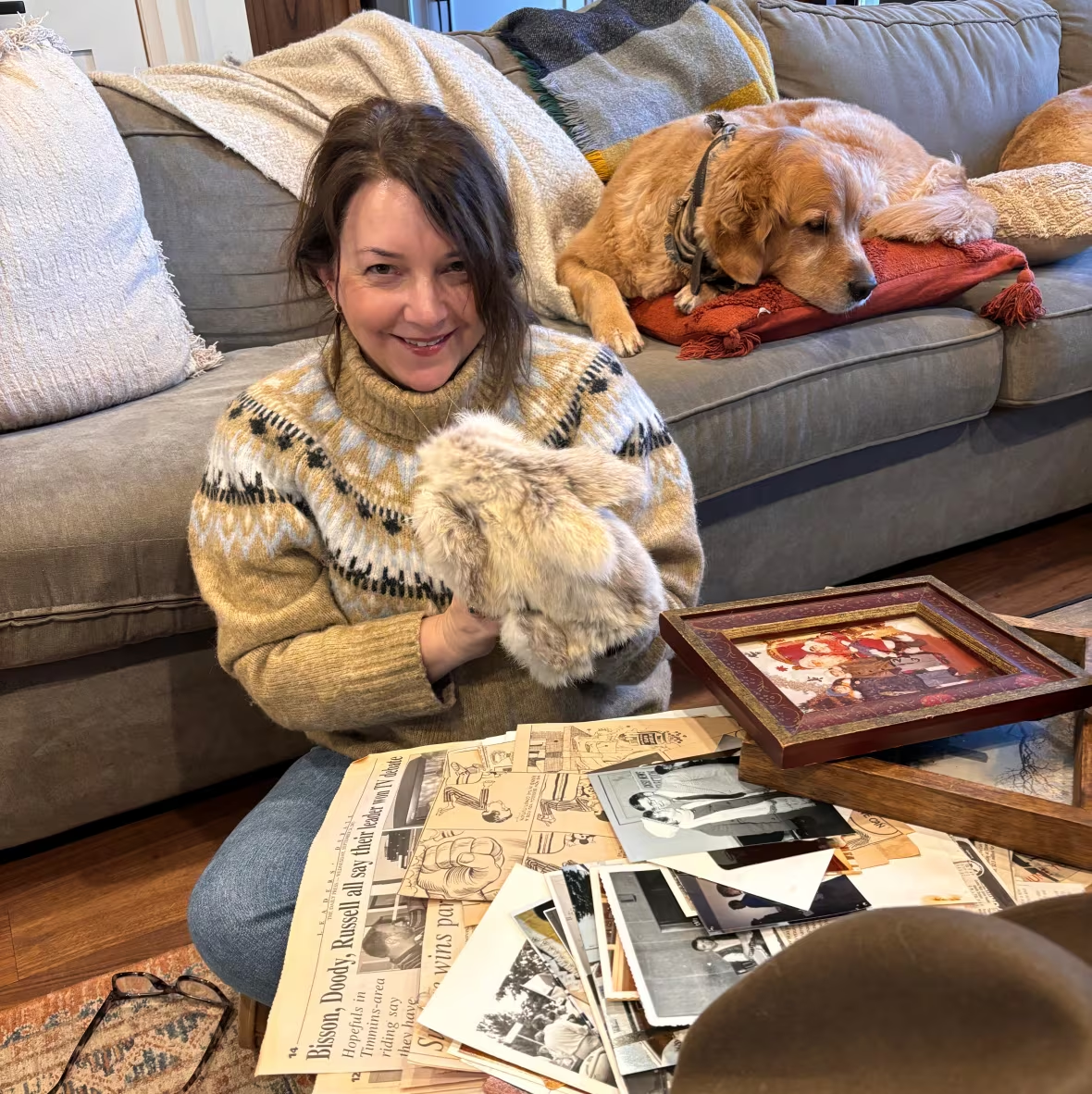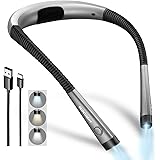Millennials are set to inherit tons of their parents’ stuff — whether they want it or not
Cost of Living9:21The great stuff transfer
You might have heard of the so-called trillion-dollar wealth transfer. That’s the estimated amount that baby boomers will pass down to their heirs — mostly their millennial children — over the next two years.
It’s expected to be the largest intergenerational passing-down of wealth in Canadian history.
But not all of the wealth is delivered by cheque: it also takes the form of the massive collections of stuff that boomers have accumulated over their lives, from furniture to collectibles, tools and tchotchkes.
As they’re being handed down to the next generation — whether they’re wanted or not — it’s prompting some awkward conversations about where your prized possessions may go, and whether they’ll translate into a high price at an auction or estate sale.
“Often the conversation is emotional. I would say it’s exhausting. It’s funny … and it’s sometimes sad as well,” Kelly Smyth, who lives in Oakville, Ont., told Cost of Living.
Smyth recently helped her parents downsize from their home in Timmins, Ont., where they lived for 50 years, before moving to a retirement home. The process took three years.
“I needed to be thoughtful about the process, how I was going to, you know, honour these items that my mom and dad had that they cared about,” she said.
“There’s an amount of guilt associated [with] something that your parents have really valued or enjoyed or felt like it’s an heirloom and they want to keep it in the family and you just don’t want it, right?”
Sorting through it all
If the task of sifting through your parents’ time capsule of a basement sounds overwhelming, you can turn to professional organizers to do it for you.
According to Noreen Music, president of the Professional Organizers of Canada industry association, the field has grown fourfold in Canada compared to 25 years ago. About 30 to 40 per cent of their business is helping seniors or their kids figure out what to do with all their stuff.
That work doesn’t come cheap: Linda Chu, who runs the company Out of Chaos in Vancouver, recently cleaned out the basement of a family’s home after their father died. It cost $5,200.

“There was clothing ranging from the 1960s to the ’80s down there,” she said. “There were just so many broken items. There was a chandelier that obviously was taken down, but they just couldn’t bear to throw it away. But it was cracked.”
Obviously, not every item you or your parents are holding onto is cracked or broken, but it can still end up a burden for those inheriting them.
Young people want ‘stuff that’s useful’
Brian Lehman, appraiser and owner of Brian Lehman Evaluations and Estate Sale Pros, says he ran 62 estate sales in 2023 alone.
He says there’s been a growing interest in estate sales because of the rising cost of living. They’ve become, in a sense, the new thrift store.
“People realize that they can buy second-hand, well-used, well-loved things for less money than if they went into a retail store,” he said.
Popular items include tools, vintage jewellery and, especially, high-quality watches. But he’s noticed younger generations are less interested in some items that might have once demanded a hefty price tag.
“They don’t want shiny cabinets. They want stuff that’s useful. They want stuff that they can use every day,” he said.
“Why have a glorious set of china if it sits in the cupboard except for Christmas and Thanksgiving and Easter?”

Even quality furniture has become less popular, though that may be because it’s hard to squeeze a formal dining set into a 700-square-foot condo.
“The phrase auctioneers say is: brown sales are down. So if you have a brown table, they’ll say, no, no, no, thank you. I don’t want it,” Lehman said.
Lehman says that sometimes when people learn their prized possessions aren’t worth much at an estate sale, they’ll put off a decision and simply put them in storage.
“That’s the worst possible thing. Out of sight, out of mind,” Lehman said.
“Then 10 years later, we’re the ones that get a call from the moving company [saying], ‘Look, we’ve got six lockers here that people haven’t even paid money on anymore, and we don’t want this stuff. Can you sell it for us?’ Well, most of what they put in those lockers is not desirable.”
Paying for storage isn’t cheap. A medium-sized storage unit might run you hundreds of dollars a month.
“So $2,000 to $2,400 a year,” said Chu. “You could buy Christmas all over again every year, brand new. Or you can have an annual trip or that money can go to a grandchild, can go and help a child.”
Keep the things that matter
One way to avoid the storage conundrum is sometimes called a Swedish death cleaning: getting rid of your stuff before you die so no one has to do it after you’re gone.
“Pass on that trinket, pass on that memorabilia, because then the stories are also passed on with the item,” Chu said. “Pass on the stories while you’re alive so that the appreciation of that item is much more real once the person receives it with the stories.”
Smyth ended up giving away many of her inherited possessions — some to close friends, so she feels good knowing they’ll be appreciated. Through the process, she’s learned to appreciate the few items she did choose to keep, whose value cannot be counted in dollars and cents.

Among them: a rabbit puppet of unknown origin her mother kept for many years.
“She just thought, like, this would be really, really great to pass onto the kids,” she said.
“I do have it, because it doesn’t take up a lot of space. But every time I look at it, it just gives me a giggle because I’m like, I have no idea why this was so important to her. But it’s mine now.”
View original article here Source









